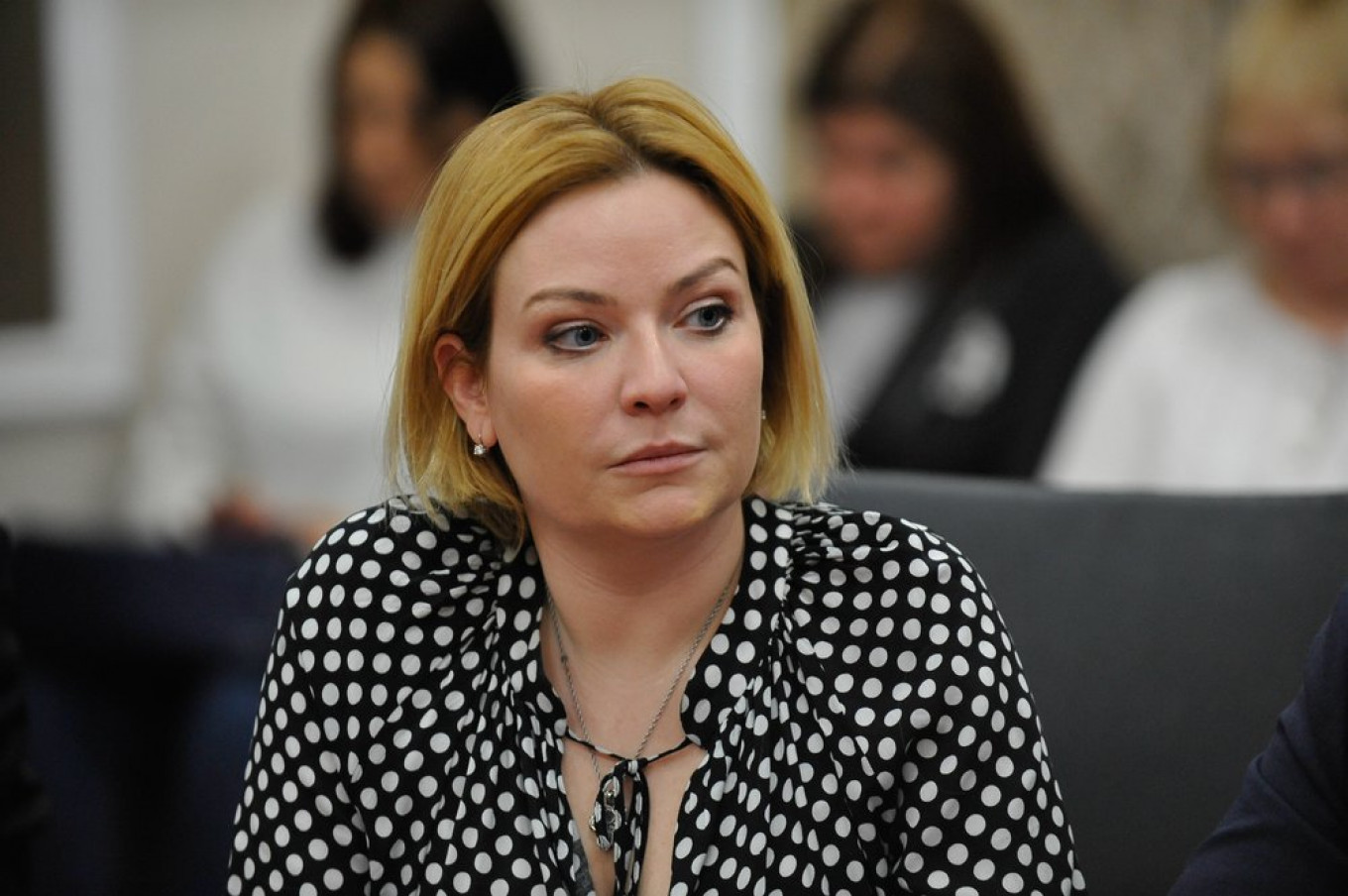
On Tuesday evening, Russia’s new Prime Minister Mikhail Mishustin announced the members of his cabinet. Vladimir Medinsky, who served as the culture minister for the past eight years, was let go and Olga Lyubimova appointed in his place. She had served as deputy minister and was the head of the cinematography department. Today it was announced that Medinsky was made presidential aide for culture.
Medinsky will not be remembered fondly by many cultural figures. Under his leadership, obscenities were officially banned in films, which meant revoking licenses for several Russian movies; the National Center for Contemporary Art (GTsSI) was unsuccessfully merged with the traditionalist institution ROSIZO; director Timofei Kulyabin’s production of Wagner’s opera “Tannhäuser” in Novosibirsk was canceled and the director fired after the Russian Orthodox Church complained about the production; ministry-approved members were put on the jury of the Golden Mask Awards, the most prestigious theater awards in the country, which prompted several celebrated directors to refuse to take part in the competition; and the criminal investigation of director Kirill Serebrennikov and his colleagues at the Gogol Center that began several years ago is still ongoing.
Gallerist Sergei Popov summed up Medinsky’s years as culture minister in a Facebook post: “[He] created a rather convincing system of imitation culture; in this system genuine cultural initiatives were persecuted, sources of funding closed, and the artists hounded out of an institution or country. This happened in every field: cinema, art criticism….”
However, cultural and political figures in Russia are not in agreement about the new minister, Olga Lyubimova. She comes from a theater family, the daughter of Boris Lyubimov, acting president of the Mikhail Shchepkin Higher Theater School, and the great-granddaughter of Vasily Kachalov, one of the most renowned Russian actors of the first half of the 20th century.
According to the RBC news website, she graduated from the journalism department of Moscow State University and the theater studies department of the Russian Institute of Theater Arts (GITIS). Before that she studied at a religious Orthodox school which, according to the Meduza news website, she didn’t enjoy.
But in the early 2000s, she worked on television and specialized in Russian Orthodoxy-related programs. In particular, she worked on television shows “Orthodox,” “Orthodox Calendar,” “Russian Outlook with Ivan Demidov.” Since 2016, Lyubimova headed the directorate of social and journalistic programs on Channel One, Russia’s premier television channel.
Despite some misgivings related to her work at the Culture Ministry, a lot of people are hopeful about this appointment. Anton Dolin, one of the best-known Russian film critics, said in a post on Facebook that he is “sincerely glad that a young, smart, educated, pragmatic, contemporary woman who loves culture (well, at least the cinema) and is completely devoid of both fanaticism and cynicism, has become Russia’s culture minister.”
Galina Yuzefovich, a well-known liberal book critic, also celebrated her appointment. “You can think whatever you want, but based on my personal experience working with her, I think this is great news. Hurrah!”
Other cultural and political figures were not as positive, pointing out that when Lyubimova worked as the head of the ministry’s cinematography department, “The Death of Stalin” had its license pulled and film distributors and movie theaters were required to show a quota of more Russian than foreign films.
She apparently did not scrub her social media posts while at the ministry. A blog post purportedly written by Lyubimova in 2008 that is being circulated online offers a long list of cultural activities she can’t stand, starting with opera and ballet and ending with documentary and arthouse films. In all capital letters, she wrote that she loathed excursions.
Another undated photo of Lyubimova was picked up by opposition politician Alexei Navalny. She is wearing a T-shirt that reads: “Who are you? What do you want? I don’t know you. F*** off!” Under it he wrote: “Here’s the new Russian culture minister.”
Most of the comments about the photo, including by prominent cultural figures, were positive. “At least it shows she’s familiar with popular folklore,” one person wrote.






